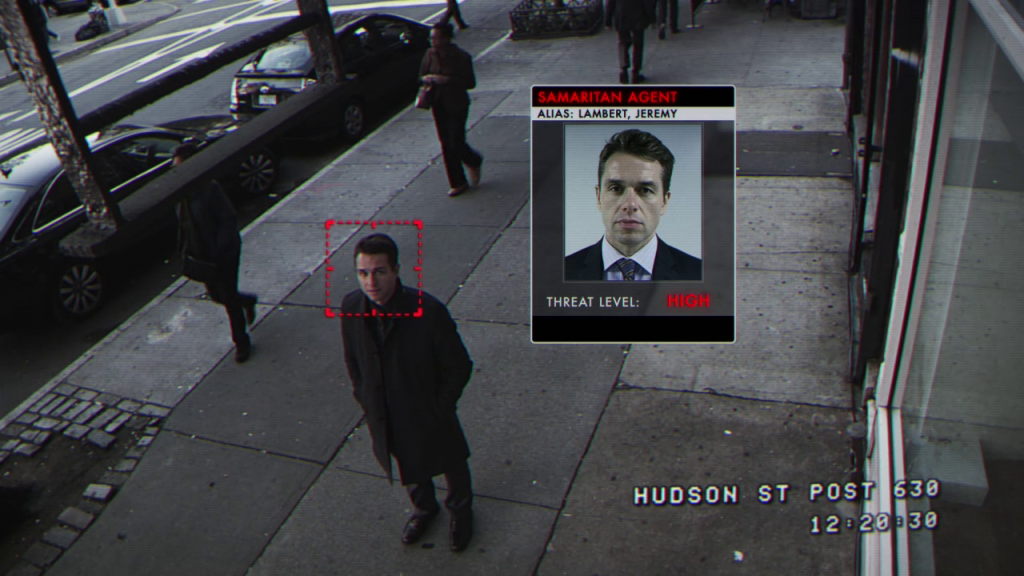
Initially, I wasn’t very keen on The Cold War. I may have been in a poor mood or simply not in the correct state of mind to enjoy the episode, but for some reason all of the flaws present in this episode seemed to be amplified. Fortunately, upon rewatch, the impact of these flaws appeared to be diminished, even though they were still present. The Cold War is an episode that, like Point of Origin, is building up to a confrontation, specifically a confrontation between The Machine and Samaritan. The problem I have with the episode is that, at a number of points, it appears to shun subtlety in favor of impact. In the past, Root’s tendency to refer to The Machine as a “god” has often made her appear evangelical or even unhinged, but now the entire cast seems content to refer to both The Machine and Samaritan as deities and this feels at odds with the more nuanced aspects of the show. The confrontation between The Machine’s human avatar and Samaritan’s is a particularly notable example of this, but perhaps I’m getting ahead of myself.
The episode starts out with a Samaritan agent highjacking one of Reese’s numbers, a woman who is planning to shoot her abusive husband, by deciding to hack the man’s insulin pump and do the job for her. The team quickly realize that Samaritan is trying to reach out to The Machine by working the irrelevant numbers, albeit in a slightly twisted way. Samaritan has taken control of the city ensuring a massive crime drop as well as a boost to various aspects such as transit (The Mussolini-esque moment where they realize that the trains run on time was a nice touch). When Root intercepts unarmed Samaritan-agent Lambert with a message that Samaritan would like a sit-down, she and Finch are initially dismissive of the idea since they don’t know how dialogue could serve to fix anything. It is at this point that Samaritan decides to turn the situation on its head, and switch from being a protector to an instigator. By manipulating and propagating information, Samaritan instigates a sudden spike in crime and essentially shuts down the city. It also makes it difficult, if not impossible, for the team to properly work the numbers by manipulating GPS data, and essentially showering them with targets. It is at this point that Root, or more appropriately The Machine, agrees to meet with Samaritan’s human agent.
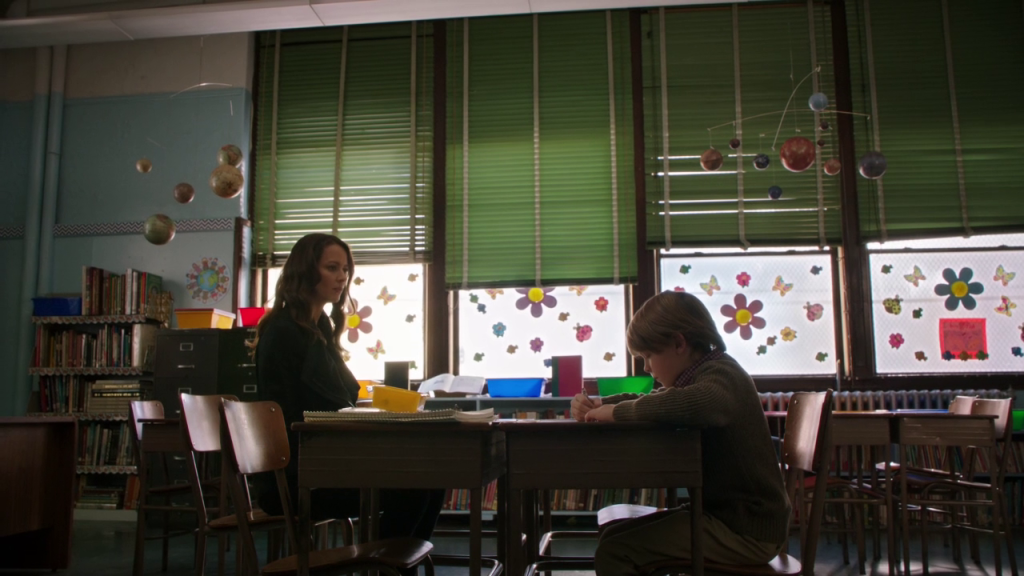
There are a number of reasons why the show-off between Samaritan and The Machine didn’t work for me. While it makes sense that Samaritan would use a ten-year-old to deliver its message, the show really pushes for that evil child vibe, and it just doesn’t work for me. Furthermore, Samaritan is a character that has previously been characterized solely through its actions, so the decision to give it a voice was a tricky one. Unfortunately, that voice ends up being more megalomaniacal and less calculating than I would have anticipated (Less Johan Liebert and more Light Yagami… I couldn’t think of a good Western analogy). Samaritan even goes so far as to call itself a god, and while the child who serves as Samaritan’s voice, Gabriel Hayward played by Oakes Fegley, does a good job the tone ends up feeling off. Perhaps, a monotone approach might have felt more in keeping with what we have seen of Samaritan, but instead of coming off as cold and emotionless Samaritan seems petulant and arrogant. Either way, the talks come to an impasse with Samaritan ordering that The Machine give itself up, lest its human agents die along with it.
The episode’s flashbacks serve as a nice character study of Greer. As a former MI6 agent, the flashbacks go a long way towards explaining Greer’s particular worldview as well as his dismissal of human governance. Shaw ends up in a rather thankless role in this episode, as she largely is forced to sit around and watch as the city falls apart. She seems to constantly be stuck in the role of devil’s advocate, first railing against Samaritan, at one moment, and suggesting it might not be as bad as it seems in the next. While her decision at the end to leave hiding and try and help with the numbers may have some interesting implications, this episode didn’t really succeed in getting me as interested in what follows as it should have.
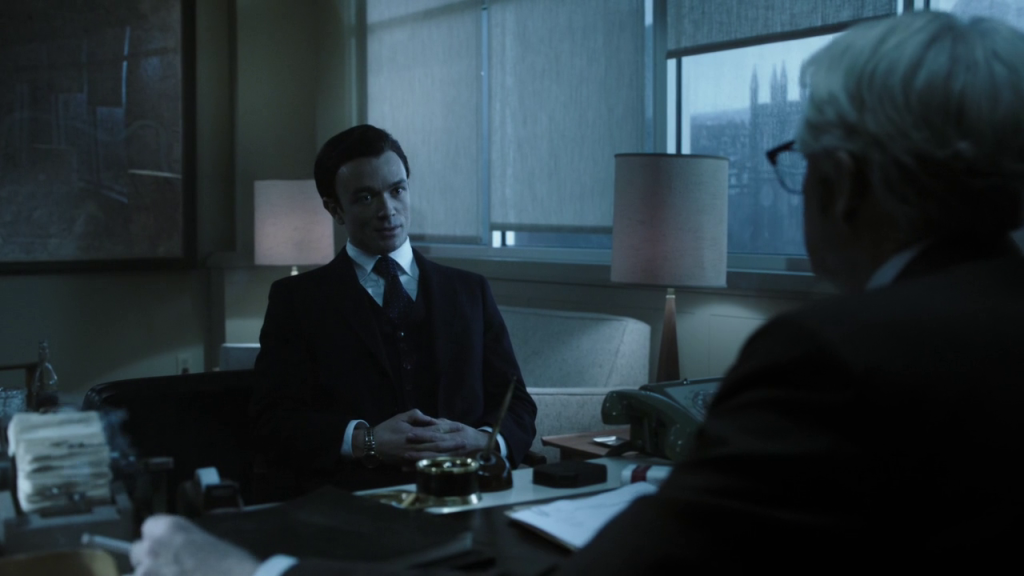
Before I wrap up, a few Notes and Nitpicks:
- So, why did the systems need human agents in order to communicate? Couldn’t they have sent messages hidden in innocuous things like traffic light patterns or encoded in static? …They just wanted an evil child didn’t they?
- There were a few nice comedic beats early in this episode, though the later ones didn’t quite click with me as well, such as with the scene in the church.
- Oakes Fegley has had a couple roles in the past, including one on Boardwalk Empire, and will be starring in the remake of Pete’s Dragon… because of course they are remaking Pete’s Dragon.
The Cold War is one of those episodes that just didn’t click for me. It isn’t bad by any stretch of the imagination, but it feels uncharacteristically silly at points. Hopefully, this won’t continue to be an issue, but, as far as this season goes, Cold War feels like a bit of a misstep.

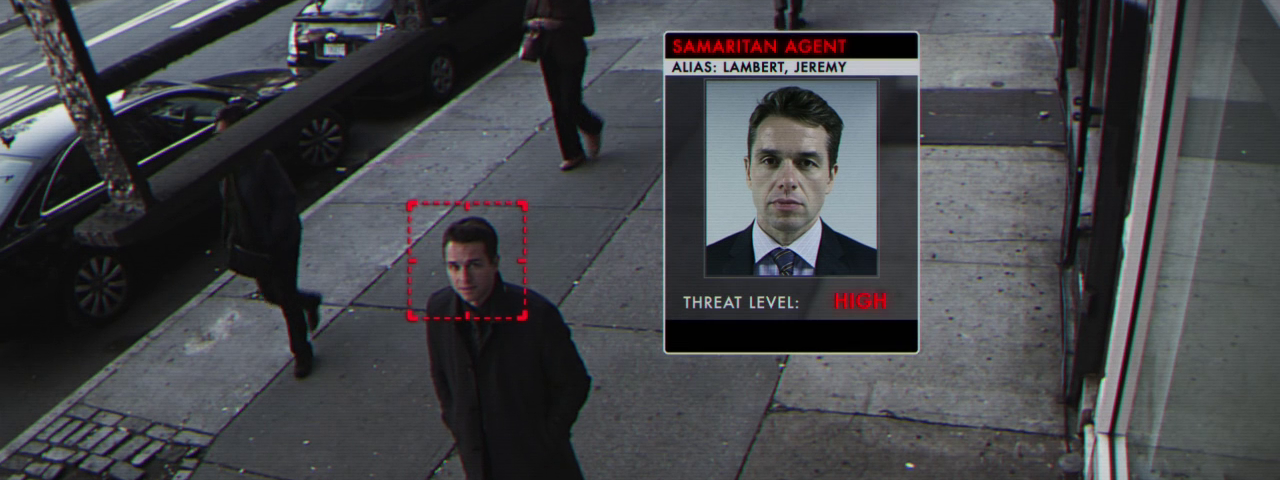
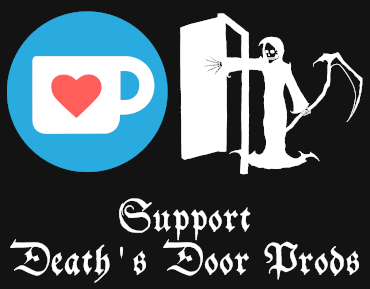



Add comment